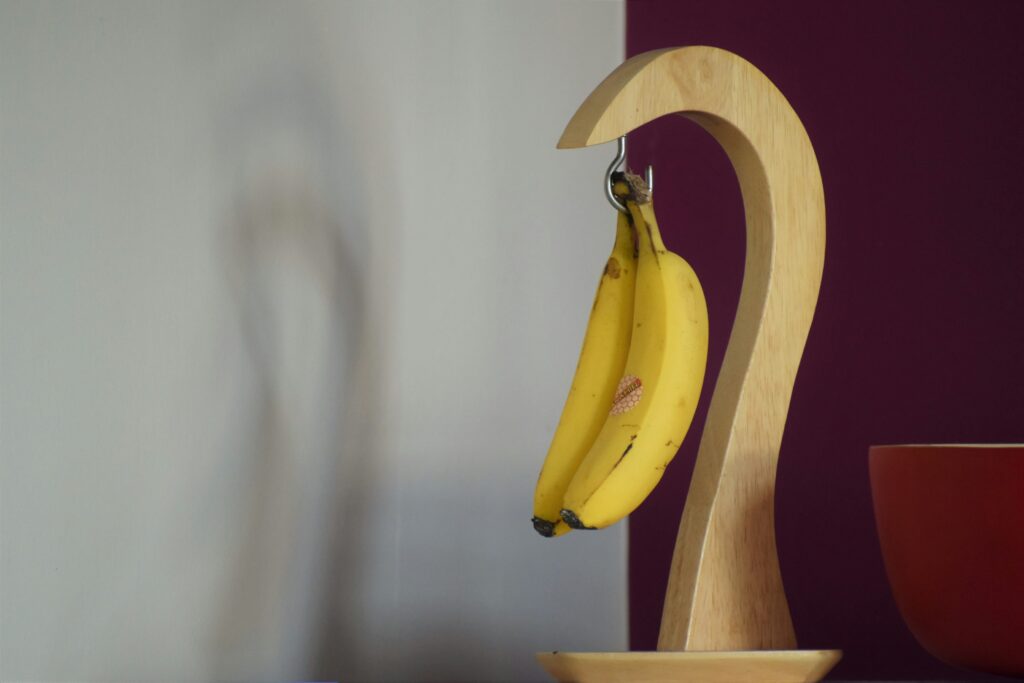This post is also available in Dutch .
We’ve all spotted them: those single bananas or tomatoes, detached from their bunches, looking slightly abandoned. Most of us reach for the flawless bunch instead—but what if those misfits could plead their case? New research from RWTH Aachen and Goethe University Frankfurt say that they can. Giving these “singles” sad faces might just nudging us to scoop them up, slashing food waste along the way.

The experiment: Can a banana beg for help?
Imagine strolling through a supermarket and spotting a basket of lone bananas. Next to it, a sign shows a banana with teary eyes and a droopy mouth, whimpering, “I’m a sad single banana—please take me home!” Quirky? Sure. Effective? You bet. Researchers tested this in a German grocery store, pitting three displays against each other: a sad-faced banana, a happy-faced one beaming “I’m a happy single!”, and a plain, faceless control.
The verdict? Over eight days, sad-faced bananas outsold the others by a mile. Online tests with bananas and tomatoes echoed the finding: people picked the sad ones more often. It’s not just cuteness at play—it’s compassion.
Why sadness wins (and happiness flops)
Here’s the kicker: our brains don’t vibe the same way with a grinning banana as they do with a weepy one. A sad face sparks compassion—that urge to help something in distress. The study found people felt sorry for the lonely product, like it was a friend left behind, boosting its odds of landing in their carts.
A happy face? Cute, but meh. A cheerful banana seems content, so we don’t feel compelled to “save” it. In the store, happy faces barely edged out the no-face version. Sadness, it turns out, is the winning ticket, tapping into our instinct to care.
The twist: Discounts steal the show
There’s a catch, though. Stores often discount imperfect products to move them out faster, so the team tested sad bananas with a 30% off tag. Surprise—the sad face lost its mojo. Why? Discounts flip our focus to savings, sidelining that compassionate pull. It’s less about rescuing a banana and more about scoring a deal. For sad faces to shine, skipping the price cut might be the move.
Final thoughts
Globally, food waste exceeds 1 billion tons annually, with single bananas contributing significantly due to their frequent rejection at retail. This research demonstrates that anthropomorphizing these items with sad expressions can increase their appeal, leveraging our innate compassion to drive purchases. Unlike discounts, which shift focus to cost over emotion, this low-effort approach offers retailers a practical tool to reduce waste without altering pricing. It’s a compelling glimpse into how subtle psychological cues can address a pressing environmental challenge—one lonely fruit at a time.
Credits:
Author: Amir
Buddy: Elena
Editing: Siddharth
Translation: Hilde
Editing Translation: Maartje
Photo from Rémi Müller on unsplash.com